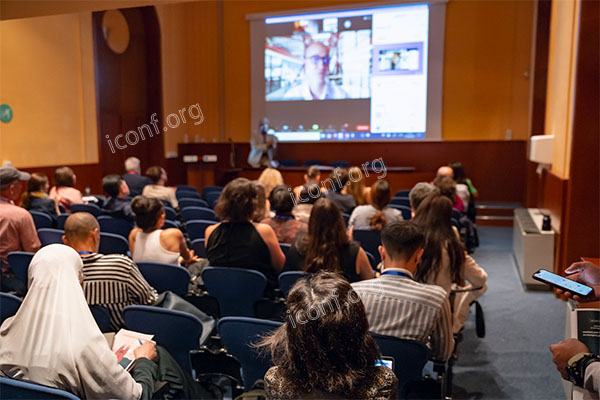In the dynamic field of psychology, conferences serve as a vital platform for sharing breakthrough research, advancing theories, and fostering global academic exchange. Responding to a Call for Papers (CFP) for psychology conferences not only allows you to present your innovative ideas but also helps you build lasting professional relationships with peers and experts from around the world.

Why Respond to a Psychology Conference CFP?
Participating in a psychology conference offers numerous benefits:
- Global Visibility: Present your research to an international audience, increasing your work's reach and impact.
- Collaborative Opportunities: Engage with fellow researchers, explore interdisciplinary projects, and form partnerships that enrich your research.
- Academic Feedback: Receive constructive critiques from seasoned experts to refine your theories and methodologies.
- Professional Growth: Enhance your academic profile and open doors to new funding and research opportunities.
Key Strategies for a Successful Submission
When preparing your CFP submission for a psychology conference, consider these essential tips:
1. Understand the CFP Requirements
- Careful Review: Read the CFP thoroughly to grasp the themes and topics emphasized by the organizers. Tailor your research to align with these focal areas.
- Adhere to Guidelines: Follow the specified formatting, word count, and citation style meticulously to avoid desk rejection.
2. Craft a Compelling Abstract
- Concise Summary: Your abstract should clearly state the research problem, methodology, key findings, and significance of your study.
- Keyword Integration: Naturally include relevant keywords to enhance search engine optimization and attract the attention of the selection committee.
3. Structure Your Manuscript Effectively
- Standard Format: Utilize a logical structure such as the IMRaD format (Introduction, Methods, Results, and Discussion) to ensure clarity.
- Supporting Materials: Incorporate high-quality figures, tables, and diagrams to visually support your findings and complex concepts.
4. Enhance Readability and Impact
- Professional Editing: Consider professional language editing services, especially if English is not your first language, to ensure your work is clear and polished.
- Highlight Originality: Emphasize the unique aspects of your research and its potential impact on both theory and practice in psychology.
Leverage iconf.org for Comprehensive Support
For researchers aiming to maximize their conference submissions and academic impact, platforms like iconf.org offer invaluable resources:
- Curated Conference Listings: Access a comprehensive selection of international psychology conference CFPs without the hassle of searching multiple sources.
- Expert Guidelines: Benefit from detailed submission tips, expert advice, and best practices tailored for academic conferences.
- Global Networking: Connect with a vibrant community of psychology researchers and experts, fostering collaborations and exchange of ideas.
- Resource Integration: Explore a wealth of academic resources, including high-quality papers, journals, and datasets to support your research.
Conclusion
Responding to a Psychology Conference CFP is a strategic step to elevate your research and build a strong academic presence. By following best practices in abstract writing, manuscript structuring, and adhering to submission guidelines, you can significantly improve your chances of acceptance and enhance your global research impact.
To discover a wealth of academic exchange opportunities and expert submission guidance, visit iconf.org today. Start your journey toward greater academic excellence and join a global network of psychology scholars ready to shape the future of research.
